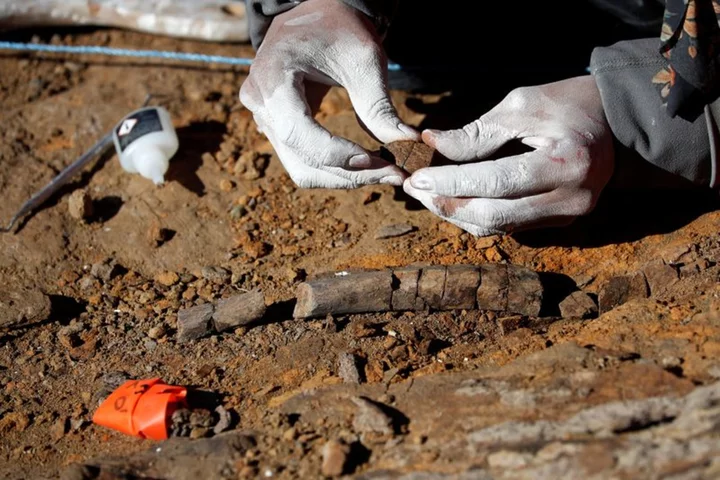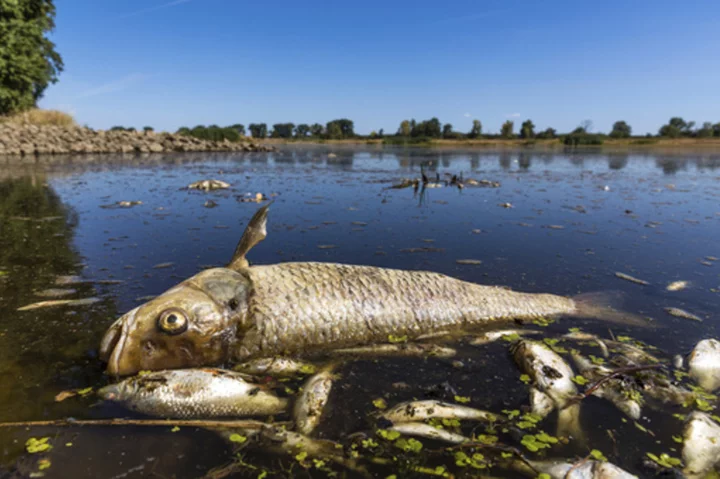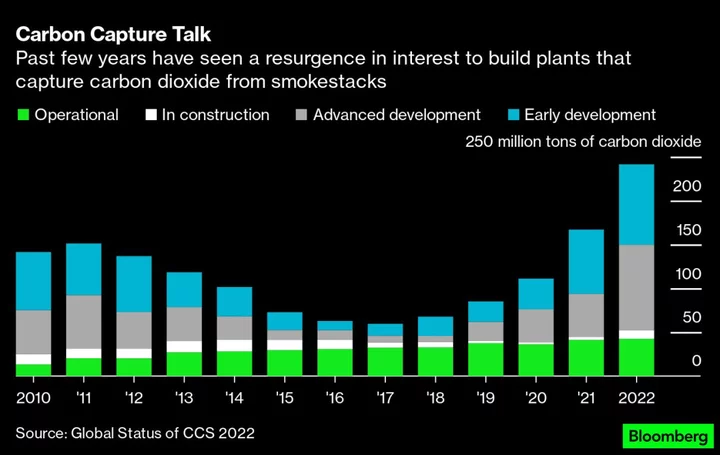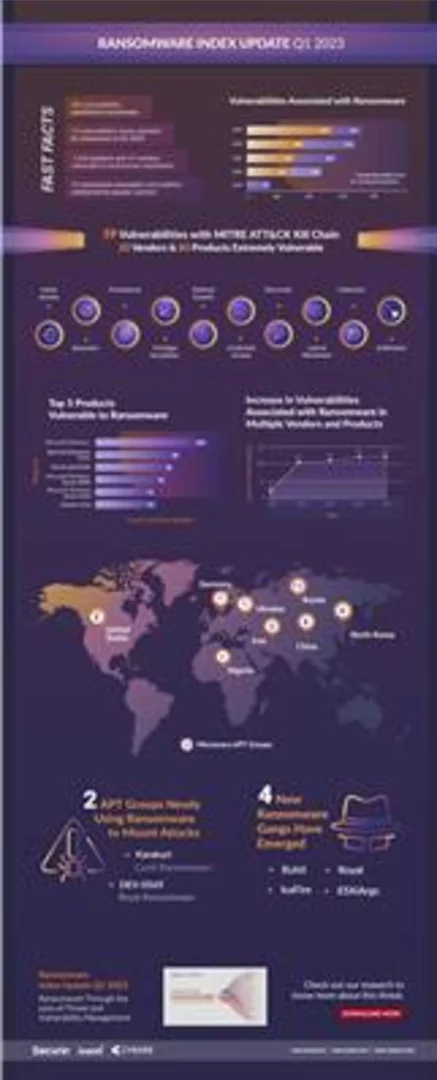SANTIAGO A duck-billed herbivorous dinosaur roamed the ancient and remote river plains of Patagonia in southern Chile some 72 million years ago, a new study revealed on Friday.
Scientists have dubbed the dinosaur Gonkoken nanoi and say it weighed up to a metric ton and could grow to 4 meters (13.12 feet) in length according to the study published in Science Advances.
In 2013, an expedition led by the Chilean Antarctic Institute (INACH) discovered fragments of yellowish bones at the bottom of a hillside close to the major tourist destination Torres del Paine in Patagonia. This kicked off an almost decade-long investigation.
"At first, we thought it was from the same group as other South American hadrosaurs, but as the study progressed, we realized that it was something unprecedented," said Jhonathan Alarcon, the main author of the study.
Alarcon said researchers extracted more than 100 pieces and it was difficult to pull them out without damaging others. After that, scientists had to make sure the bones belonged to the same species and check them with existing research to verify that it was indeed a new species.
"(The) Gonkoken nanoi is not an advanced duck-billed dinosaur, but rather an older transitional duck-billed lineage: an evolutionary link to advanced forms," said Alexander Vargas, another study author.
The extensive research allowed scientists to digitally reconstruct the skeleton and the team is hoping to 3D print it to display it to the public.
Gonkoken is a combination of two words from the Aonikenk language. "Gon" means similar or similar to and "koken" means wild duck or swan. The indigenous Aonikenk people inhabited Patagaonia until the end of the 19th century.
While "nanoi" is in recognition of Mario 'nano' Ulloa, a former ranch keeper who provided the team with logistical support during the first discoveries, Alarcon said.
(Reporting by Fabian Andres Cambero; Writing by Alexander Villegas; Editing by Sandra Maler)









